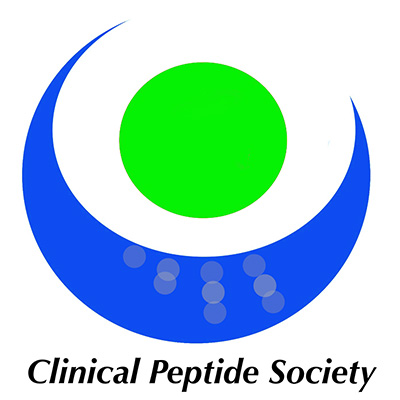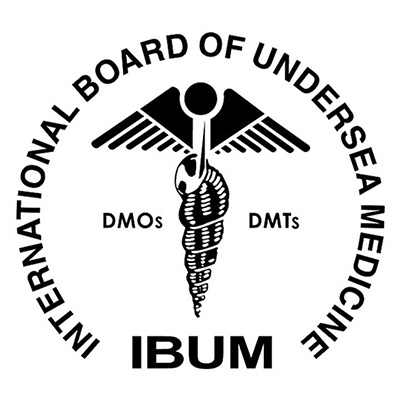Signs You May Need Low Testosterone Treatment

People may receive low testosterone treatment if they are experiencing a variety of physical, emotional, and mental health changes. Testosterone is the primary male sex hormone that regulates numerous bodily functions. When testosterone levels decline, the effects can manifest in several ways and can interfere with your daily life and overall well-being.
Signs of low testosterone levels
Persistent fatigue and low energy
One of the most common signs of low testosterone is feeling tired all the time. People may feel worn out, regardless of how much rest they get. This constant exhaustion can affect their work performance, motivation to exercise, and overall productivity. While there are many reasons for fatigue, if other symptoms accompany it, it may indicate that the individual needs to consider low testosterone treatment.
Sleep disturbances
Low testosterone levels can also cause disturbed sleep patterns, including insomnia or frequent waking during the night. Some individuals may find it increasingly difficult to fall asleep or stay asleep. Over time, poor sleep quality can contribute to other symptoms such as fatigue, irritability, and cognitive decline. When individuals continue to experience sleep issues persist despite good sleep habits and hygiene, they may need to undergo hormonal testing and treatment.
Decreased muscle mass and strength
Testosterone contributes significantly to the development and maintenance of muscle mass and physical strength. A gradual decrease in muscle volume, even with regular exercise, could indicate that one's testosterone levels are falling. A red flag may be individuals experiencing weakened muscle strength and increased difficulty in building muscle despite resistance training. They may benefit from a professional evaluation to identify the root cause of their decreased training performance and undergo low testosterone treatment.
Decreased bone density
A decline in testosterone levels can lead to decreased bone strength, increasing the risk of bone fractures or osteoporosis. Individuals with low bone density, particularly those without other risk factors such as age or family history, may benefit from testing their testosterone levels. Addressing low testosterone in its early stages can help preserve bone strength and prevent further health complications.
Increased body fat and weight gain
Imbalanced testosterone levels can lead to changes in body composition, including increased fat accumulation. Some individuals may notice a specific increase in abdominal fat or develop gynecomastia (enlarged breast tissue). These changes are often resistant to traditional weight-loss strategies and may be connected to hormonal imbalances.
Slower recovery from exercise or injury
Another sign of low testosterone is a noticeable delay in recovering from physical activity or injury. This slower recovery process may involve prolonged muscle soreness, ongoing joint pain, or fatigue after engaging in light to moderate exercise. Since testosterone supports tissue repair and muscle recovery, low levels of this hormone can impair the body's natural healing ability. For active individuals, they may need to consider hormone therapy to protect their fitness progress and overall health.
Reduced libido and sexual function
Individuals with low testosterone levels may experience a reduced interest in sexual activity. This may manifest as a low sex drive or lack of arousal. It may also make it difficult for some men to maintain an erection, known as erectile dysfunction. These changes frequently indicate an underlying hormonal imbalance, as testosterone helps regulate libido, sexual performance, and overall function.
Changes in mood and mental health
Emotional well-being can also be affected by low testosterone levels. People with low testosterone levels may experience the following emotional changes:
- Feelings of sadness
- Mood swings
- Increase irritability
- General sense of apathy
- Reduced enthusiasm for favorite activities
These emotional changes are often subtle and gradual, making them difficult to attribute solely to hormonal imbalance. However, when mental health symptoms coincide with physical signs, low testosterone may be a contributing factor to these mental and emotional changes.
Trouble concentrating and memory decline
Low testosterone levels can also impair cognitive abilities, including memory, focus, and mental clarity. People may experience a mental fog and struggle to concentrate on tasks that previously required minimal effort. Forgetfulness and a decline in mental sharpness may affect job performance and daily routines. If an individual notices these cognitive changes with their physical symptoms, it may be time for them to be evaluated for low testosterone levels and consider professional treatment.
Schedule a consultation at our Las Vegas wellness center
Have you been experiencing any of the above symptoms? The Las Vegas Medical Institute team is here to help you feel like yourself again. We offer low testosterone treatment in the Las Vegas area. Call our office to learn more or to schedule a consultation.
Request an appointment here: https://www.lasvegasmedicalinstitute.com or call Las Vegas Medical Institute at (702) 577-3174 for an appointment in our Downey office.
Check out what others are saying about our dental services on Yelp: Low Testosterone Treatment in Las Vegas, NV.
Related Posts
Total body composition assessments offer a complete picture of health, including more than weight alone. At a wellness center, this approach allows for individualized health strategies that reflect real progress. Patients who prioritize measurable improvements and functional outcomes can benefit from understanding how their bodies are truly performing. Here are five reasons to consider Total…
Microneedling treatment is a popular, non-invasive procedure designed to rejuvenate the skin and address fine lines, acne scars, uneven texture, and enlarged pores, among other concerns. This minimally invasive treatment stimulates the skin’s natural healing process and promotes collagen production, resulting in a smoother, firmer, and more radiant complexion. Knowing what to expect before and…
Botox® has become a widely recognized treatment for reducing wrinkles and achieving a more youthful appearance. This popular cosmetic procedure involves injecting a purified form of botulinum toxin into targeted areas of the face to temporarily reduce the appearance of fine lines and wrinkles. Botox has gained popularity not only for its cosmetic benefits but…
Dermal fillers are a popular option for reducing the signs of aging or enhancing natural features. Before starting treatment, it helps to understand the different types of fillers and what each one can do. With the right information and support, it becomes easier to reach cosmetic goals safely and effectively.Dermal fillers are injectable treatments used…














